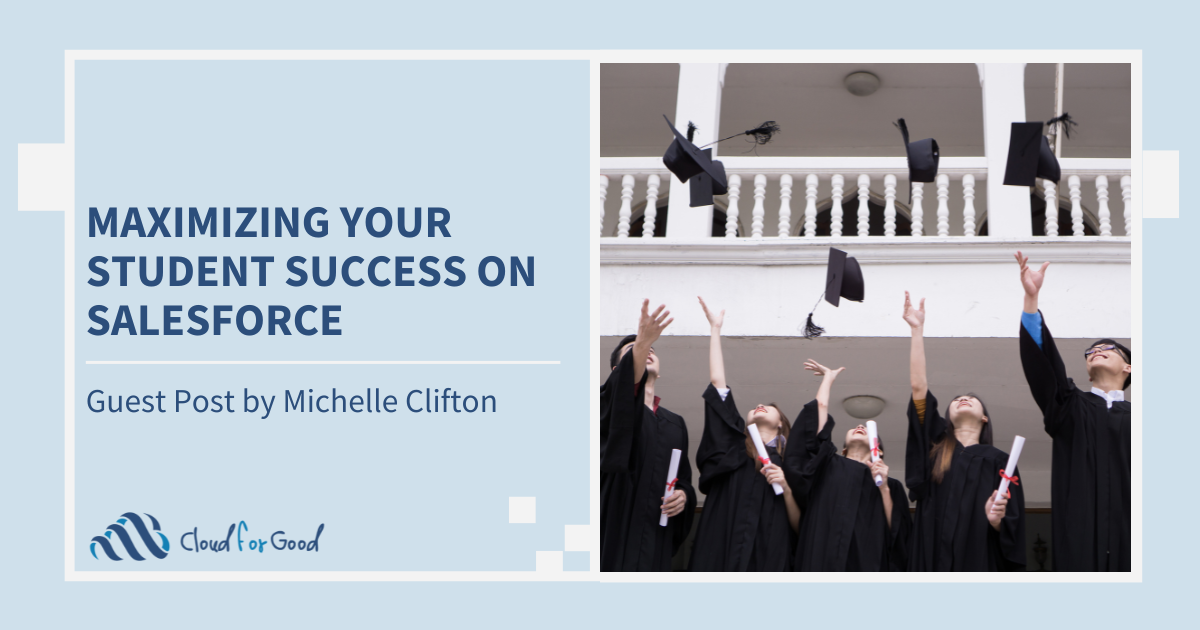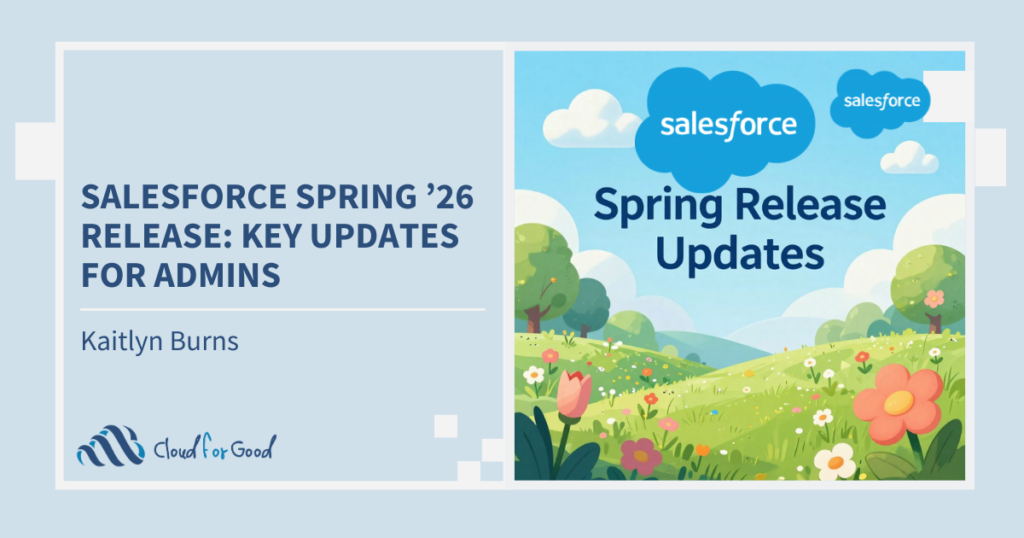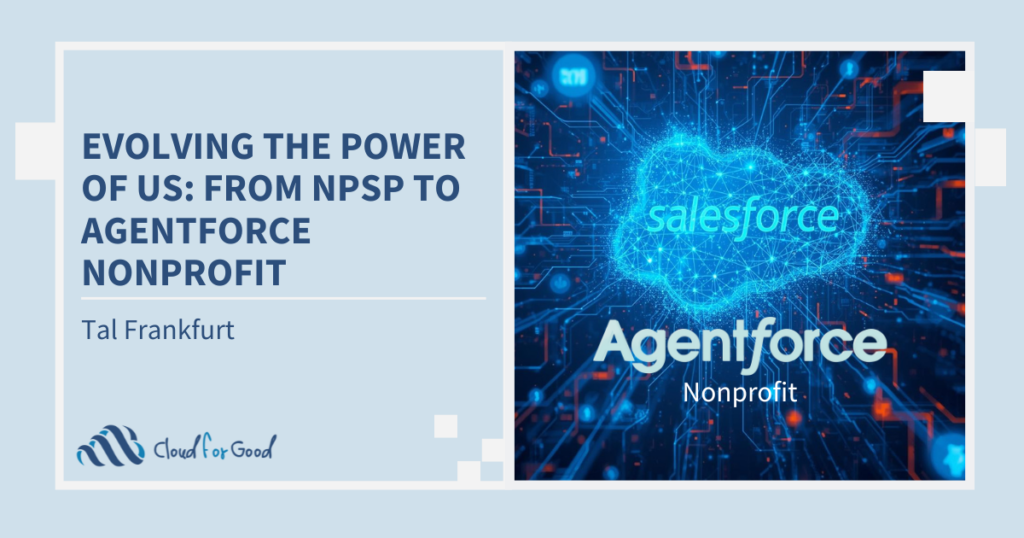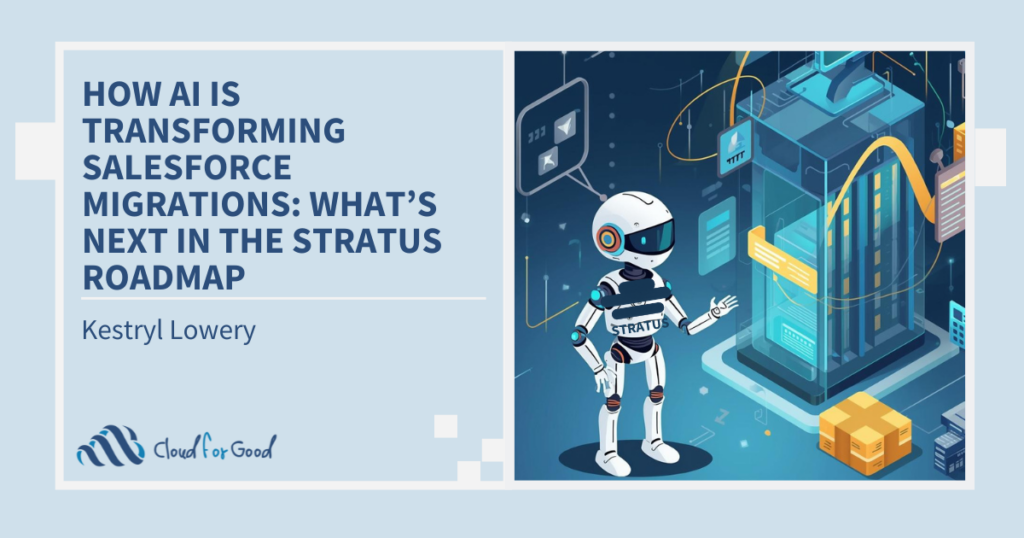No line of code or predictive model can project the exact when and where of the next unexpected event that alters an institution’s ability to deliver business as usual. But if the pressure test of 2020 has taught us anything, it is that we must be prepared. Figuratively speaking, what could be the next pandemic? A fire, earthquake, or another climate event? A cyberattack, financial distress, or political upheaval? Whatever the disruption, staff, faculty, and students will be called to support and uplift the institution’s mission. But in times of crisis, technology can help shoulder responsibility so people can be the shoulder of support.
Shifts in how education institutions conduct business continually change how we define student success. We witnessed an example of this phenomenon most recently, and perhaps most profoundly, with the COVID-19 pandemic. Institutions and their students made a switch, seemingly overnight, from in-person academia to a fully virtual online learning experience and continue to operate in hybrid learning models.
The reality is that the pandemic caused a digital sprint to enable the way education is delivered and focus on what students really need in order to be successful. Colleges and universities can seize that digital momentum to plan for future readiness strategically.
Redefining student success
Prior to the pandemic, the education sector might have defined student success as matriculation through the institution from prospect to student to alumni. Now, however, we’ve found that the extent of a student’s well-being is one of the greatest indicators of success. That might sound like a given, but the pandemic, and the possibility of future pandemic-like events, have set a new precedent where nothing is truly a given.
A higher education enrollment cliff has been looming for years now. The US college-going population is projected to drop by 15% between 2025 and 2029. Every institution must be prepared for this inevitability and should remember that a solution is not one-size-fits-all. How institutions combat the coming enrollment cliff will be dictated by the very specific needs of each respective institution and its stakeholders. A community college is going to have a different set of needs and objectives than that of a four-year institution.
We, as an industry, will continue to see the definition of student success evolve and we will need to adapt alongside the evolution, respond to it, and try and get ahead of it to help our students be successful.
How Salesforce helps shoulder responsibility
In The Agile College: How Institutions Successfully Navigate Demographic Change, author Nathan D. Grawe says that given the projected enrollment shifts, responding with just a focus on recruitment is a zero-sum game. We don’t win collectively as educators by simply out recruiting the other institutions in your backyard. The goal is to cast a wider net and reach the students who thought college wasn’t for them. It’s not about being more efficient in recruiting from existing enrollment pools, the goal is to create new pools altogether.
With a wider net cast, however, comes even more data to sift through, and a new set of student needs. With so much data coming in from so many sources, it’s critical to have a platform that helps illuminate the most pertinent data and enables intelligent, data-backed decision-making. The best platform to help cast a wide net and make sense of your data is, of course, Salesforce.
Salesforce is the system of engagement supporting recruitment and admissions, student experience, advancement & marketing, and communications – all from one flexible platform. This enables institutions to be future-ready and to have the scale and agility needed to respond to disruptions.
Salesforce for Education, specifically, provides a configurable platform to simplify and scale operations while delivering personalized student experiences at every step of the education journey. Ultimately, Salesforce for Education facilitates and empowers faculty and staff impact from anywhere, allowing education teams to not just unlock but sustain learner relationships so that students return to reskill and upskill throughout their lifetime. Even better – the ability to connect all your campus applications in one location, making reporting easy and data-backed decisions an established norm.
Understanding learner expectations
Implementing a software solution capable of supporting student success is no longer a mere differentiator in the education sector; it’s a fundamental requirement. Institutions must have a holistic solution to meeting students’ needs, treat them all as individuals, and cater to their respective requirements for true success.
Students want to be visible and know that they are both seen and heard. According to the Salesforce.org Connected Student Report, 78% of students expect their experience to be personalized. Modern learners expect relevant advising, engagement across channels, and programs that help differentiate skills and prepare them for the connected workforce.
That level of visibility is not achievable if an institution has its many departments acting independently of one another in siloed systems. A holistic, single source of truth capable of uniting departments, that can tell the whole story of a student’s journey, is the key to success. Salesforce for Education deftly provides this key, paving the way for true digital transformation at an institution.
Preparing for future success
And you’ll never go it alone. From a global Trailblazer community of colleges and universities to our partner ecosystem and the dedicated Salesforce Support Services, Salesforce offers a wide variety of people, programs, and resources to help reach goals quickly at institutions. Customer Success is one of our core values as a company, and our journey begins with listening.
If you are ready to get ahead of the enrollment cliff and to better listen to your students and prepare them for the future workforce, Salesforce for Education is ready to help you achieve your goals and be prepared for the uncertainty the future brings. You just have to be ready to make a change.
Learn More About Michelle Clifton

As an Industry Advisor for the Student Experience, Michelle Clifton is dedicated to supporting education stakeholders to achieve their desired outcomes. With in-depth customer expertise, and decades of practitioner knowledge, Michelle and her team provides education leaders and the Salesforce Education team with industry needs, predictive perspective, student-centric strategy, engagement best practices, and strategies to achieve organizational success.





